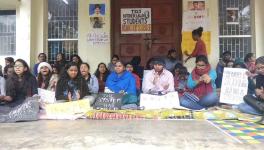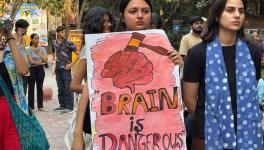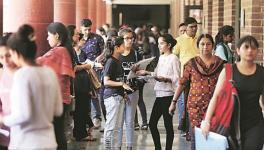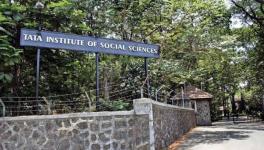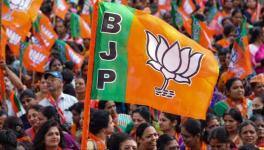SCs and STs Biggest Losers in University Recruitment since March
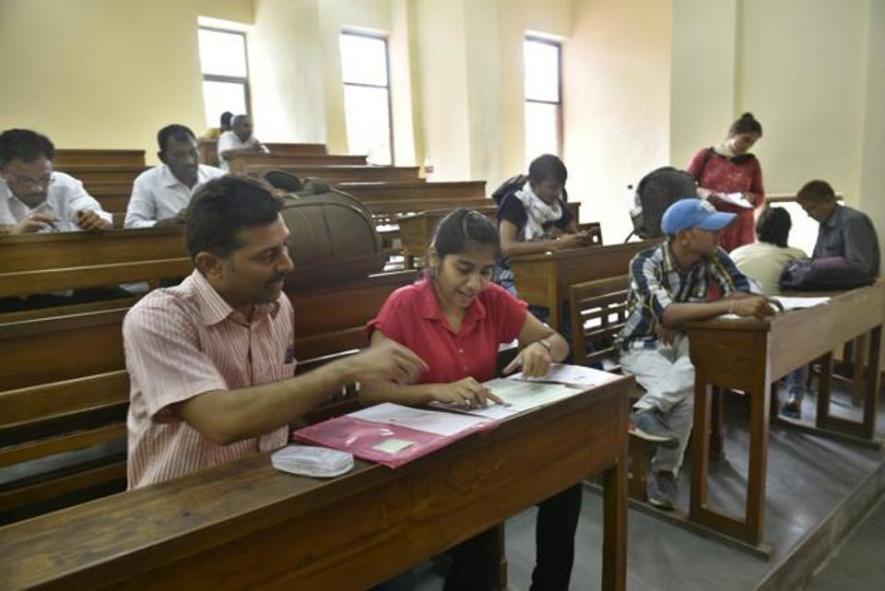
The backlog of vacant teaching positions in Indian universities is only mounting up with the recruitment process progressing at a snail’s speed, suggests the data revealed by the Ministry of Social Justice and Empowerment in an inter-ministerial meeting on Wednesday. The data showed only 706 out of 5606 vacant positions were filled up in 11 universities since March this year.
Similarly, the biggest loser in the recruitment process appeared to be the Scheduled Castes and Scheduled Tribes. While only 18 candidates from Scheduled Castes were appointed on various teachings positions, not a single Scheduled Tribe candidate could get a job after University Grants Commission's (UGC) March 2018 circular, following an Allahabad High Court order in April 2017. It must be noted that the Scheduled Castes and Scheduled Tribes are provided 15 per cent and 7.5 per cent reservation in educational institutions and jobs.
The crisis of higher education can be further gauged from the fact that centrally funded technical institutes including Indian Institutes of Technology have 40 per cent seats vacant. While IITs still need 2,802 teachers to impart technical education to its students, National Institutes of Technology have 3,235 vacant faculty positions to fill.
Experts and academicians maintain that the failure of the centre to fill vacancies has paralysed the academic activities in the universities. Rajeev Kunwar, an assistant professor at Delhi University said that teaching and research activities have been hit worst with the acute crunch of teachers. He said, “The impact can be clearly observed from the fact that there are no permanent teachers available who can supervise the research students. In turn, the universities are taking less number of research students in M.Phil and PhD courses.”
He added that the Centre still remains clueless on the issue of recruitment. He said, “After the new roster, it did not take any proactive role. Universities started filling up posts without assessing the damage. First, it said that the matter is in court and will be decided there. When protests intensified, it is saying that it will bring an ordinance to overturn the Allahabad High Court ruling. But we see no signs of an ordinance too.”
In the absence of permanent teachers, the pressure of carrying academic activities now rests with the ad hoc teachers. Prakash Javadekar, Union HRD minister, in his statement in the Lok Sabha, said that the Centre will speed up the regularisation of 9,000 teachers in Delhi University. But ad hoc teachers are also alleging that their lives have completely stopped progressing amidst this crisis.
An ad hoc teacher, who requested anonymity, said that they are being forced to delay important decision like family planning. She said, “The women are the biggest sufferers. Not only they have to delay decisions like family planning, they are also not entitled for any leave during their pregnancy. Similarly, since we are not entitled for any leave, we cannot go to other universities to present our research papers.”
SCs and STs : The biggest losers
With the Centre's consistent reluctance, the Scheduled Castes and Scheduled Tribes have been hit worst after the University Grants Commission's March circular following the Allahabad High Court ruling which instructed that recruitment across the educational institutions should be conducted by considering departments/ subjects as an unit instead of University. It also revoked another rule stating every fourth, eighth and thirteenth position was reserved for other backward castes, Scheduled Castes and Scheduled Tribes.
With the new diktat in action, the implication was first felt in Banaras Hindu University which stated that the new formula will result in reduction of 80 per cent, 50 per cent and 30 per cent seats for Scheduled Tribes, Scheduled Castes and Other Backward Castes, respectively.
The university had 1,930 faculty positions on May 12, 2017. If BHU, also the largest residential university of Asia, sticks to the reservation norms according to the old 2006 UGC guidelines – that consider a university to be a unit – there will be 289 posts reserved for SCs, 143 posts for STs and 310 for OBCs. But, the new formula suggested by the UGC after the Allahabad High Court judgement of April 2017 will reduce seats significantly, bringing the numbers down to 119 for SCs, 29 for STs and 220 for OBCs.
However, the results appear to have been worse than expected. After the March circular, 11 universities issued advertisements for recruitment on 706 teaching positions. But the new rule has wiped off reservation completely from institutions of higher education. After putting the new rule to application, most universities could not reserve any seat for them.
Get the latest reports & analysis with people's perspective on Protests, movements & deep analytical videos, discussions of the current affairs in your Telegram app. Subscribe to NewsClick's Telegram channel & get Real-Time updates on stories, as they get published on our website.










